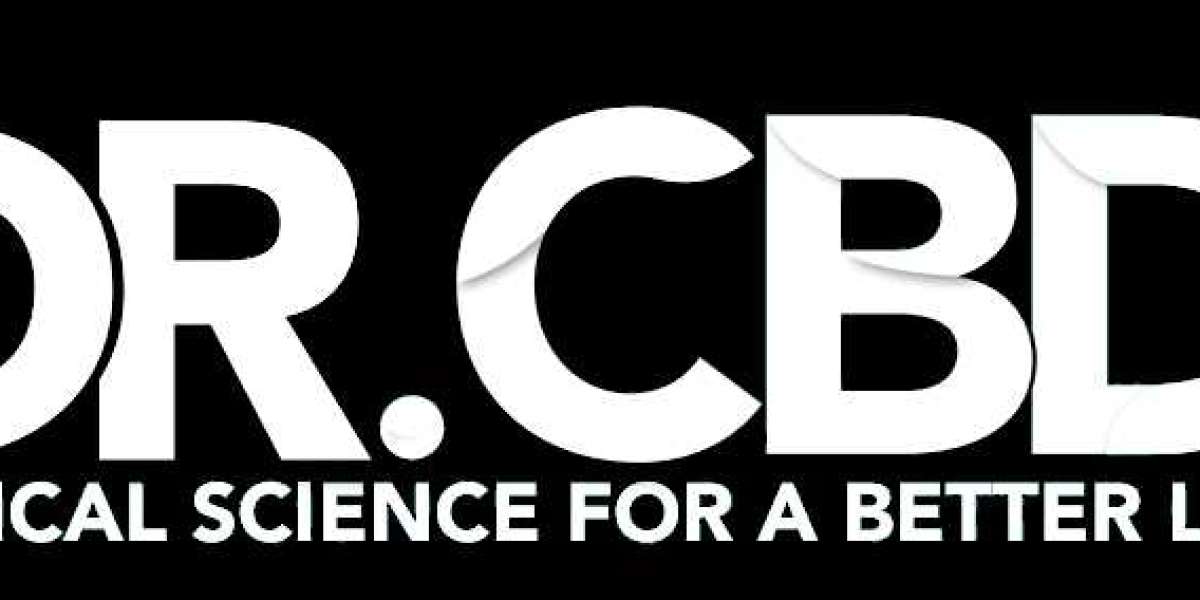They Sound the Same, But Are They?
You may have seen both words before. Many people think they mean the same thing. Others use them without knowing which is correct. Some even wonder if one is wrong or outdated. So what’s the real story?
It’s more than spelling—dietician vs dietitian
The words sound alike but their history is different. One comes from old spelling. The other is more official and protected. Knowing the real meaning helps you choose the right expert for your health with Dietician vs Dietitian
The Title “Dietitian” Is Legally Protected
“Dietitian” with a “t” is the title used by licensed professionals. These are people trained in food and health. They go to school, take tests, and follow laws. In many countries, only registered experts can use this spelling.
The Word “Dietician” Is Used, But Not Official
Some people write “dietician” with a “c” by mistake. Others use it on blogs or social media. It’s not a protected title in most places. That means anyone can call themselves this—even without training.
Education Makes the Biggest Difference
To be a dietitian, a person must earn a degree. Most finish four years of college. Some get a master’s too. Then they do hands-on training and pass a tough exam. That means they are ready to give safe, smart advice.
Training Keeps Your Health in Good Hands
A trained dietitian can help with weight loss, diabetes, and more. They know about vitamins, food groups, and allergies. They also work in hospitals, clinics, and schools. Their training is deep and based on science.
Licensing Brings Trust and Standards
In many states and countries, dietitians must be licensed. This protects your health. It means they follow rules, keep learning, and work under a code. If someone breaks the rules, they lose their license.
What About the Word “Nutritionist”?
This word is often mixed up too. Some nutritionists are licensed dietitians. Others are not trained at all. In many places, anyone can say they are a “nutritionist.” So always check their background before taking advice.
Social Media Has Confused the Words
Online, you’ll see “dietician” and “dietitian” used freely. Some influencers don’t know the difference. Others don’t care. That makes it hard to trust what you read. Always look for credentials, not just likes.
Use the Spelling That Matches Training
If someone has the letters “RD” or “RDN” after their name, they are a registered dietitian. That’s the spelling to trust. It tells you they passed the test and follow high standards in their work.
A Dietitian Gives Medical Help With Food
These experts don’t just suggest recipes. They help treat real health problems. That might mean planning meals for kidney disease or guiding a child with food allergies. It’s not about fads—it’s about care.
Some People Choose “Dietician” on Purpose
A few trained experts still use “dietician.” They say it looks better or is easier to read. But in health care, “dietitian” is the right term. It connects you to the right laws, rules, and trust.
The Academy of Nutrition and Dietetics Says “Dietitian”
In the U.S., this group leads the field. They train, license, and support experts. Their spelling is “dietitian.” That shows the title is earned, not claimed. Most states follow this rule.
Look Beyond the Title When Choosing Help
The title matters, but so does skill. Ask questions. Look at where they trained. See if they are licensed in your state. The more facts you have, the better your care will be.
Spelling Can Lead to Confusion Online
A search for “dietician” might lead to blogs, tips, or trends. A search for “dietitian” often leads to clinics and trained experts. That small change in letters leads to a big change in results.
Words Change Over Time, But Care Shouldn’t
Some people say both words should mean the same. But when it comes to your health, clear rules matter. Using “dietitian” helps keep care honest, safe, and science-based.
Ask for Their License or Registration
If you’re not sure, ask. A real dietitian will show their proof. They may list their ID, license, or school. They’re proud to earn the title. That pride shows in the care they give you.
The UK, Canada, and Australia Use “Dietitian”
This isn’t just a U.S. rule. Around the world, health systems use “dietitian” too. That means the same rules, the same training, and the same care. It’s a global term with global trust.
You Deserve Care That’s Backed by Facts
Don’t settle for fads or fast tips. You deserve advice from people who study and train. Dietitians use facts, not guesses. They help you feel better with meals that heal, not harm.
Kids, Seniors, and Sick People Need Dietitians
Some people need special help with food. Babies, cancer patients, and older adults face real risks. Dietitians know how to help safely. They give food that supports healing—not just weight loss.
Food Is Medicine—Use It Wisely
A real expert sees food as part of care. They don’t just count calories. They guide you through allergies, digestion, blood sugar, and more. That’s why their title must match their skill.
More Than a Meal Plan—A Full Health Partner
Working with a dietitian means more than getting a food list. It means learning how your body works. You get support, check-ins, and changes that grow with you. That’s long-term help.
Even Athletes Choose Trained Dietitians
Pro athletes want food that powers their body. They trust dietitians to build meals that fuel performance. That same care can work for your own goals too—whether big or small.
The Right Word Builds the Right Future
Words matter. They guide you toward the care you need. When it comes to food and health, choose wisely. Pick someone trained, tested, and trusted. Pick the title that means something real.
Use this guide to understand the facts behind dietician vs dietitian—and choose health care based on skill, not spelling.


